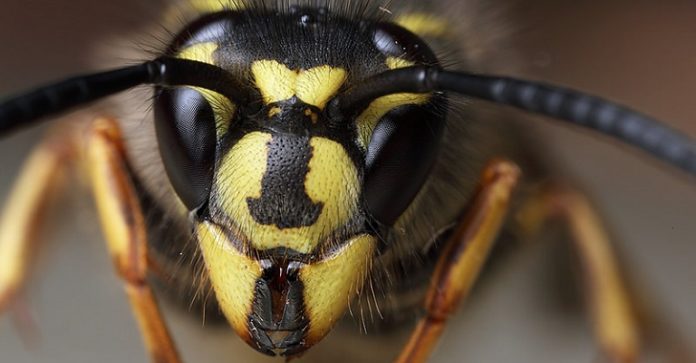
Written by Jonathan Schoenfeld at theantimedia.org
Polybia paulista, a social wasp native to South America, uses a venomous sting to ward off enemies. While getting stung by one of these wasps would be unpleasant, humans have discovered a way of using their venom as a powerful cancer treatment.
According to a scientific publication in PubMed, researchers have discovered that the venom’s toxin — called Polybia MP1 — targets and perforates cancer cells while causing no damage to normal cells. The venom attacks irregular cell growth on the cell membrane of cancer cells. This method of creating holes in cancer cells is new to the development of cancer treatments.
As Paul Beales of the University of Leeds in the U.K. said,
“This could be useful in developing new combination therapies, where multiple drugs are used simultaneously to treat a cancer by attacking different parts of the cancer cells at the same time.“
Not only can this venom eventually lead to innovations in cancer treatments, it can also be used to inhibit benign tumors from spreading. Additionally, MP1 can prevent the growth of prostate and bladder cancer cells as well as multi-drug resistant leukemic cells.
While scientists are excited about MP1’s potential, it still needs further testing to prove it is indeed safe for medical use. Scientists are in the process of learning more about the chemical in order to identify and refine its cancer treatment possibilities.
This article (Scientists Discover Wasp Venom That Kills Cancer Cells Without Harming Healthy Cells) is free and open source. You have permission to republish this article under a Creative Commons license with attribution to Jonathan Schoenfeld and theAntiMedia.org. Anti-Media Radio airs weeknights at 11pm Eastern/8pm Pacific. Image credit: Lord V. If you spot a typo, email [email protected].




